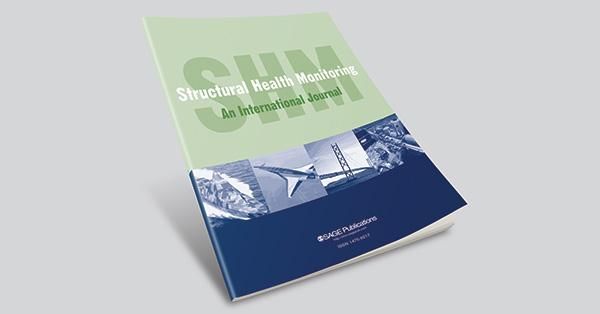Special Issue on the “Impact of climate change on the SHM of civil infrastructure”

This Special Issue intends to bring together publications involving studies on the impacts of climate change on the SHM of infrastructure. For more information: journals.sagepub.com.
Guest Editors
- Eloi Figueiredo, Full Professor, Faculty of Engineering, Lusófona University, Lisbon, Portugal, E-mail:
Este endereço de email está protegido contra piratas. Necessita ter o JavaScript autorizado para o visualizar. - Ionut Moldovan, Associate Professor, Faculty of Engineering, Lusófona University, Lisbon, Portugal, E-mail:
Este endereço de email está protegido contra piratas. Necessita ter o JavaScript autorizado para o visualizar. - Luís Oliveira Santos, Senior Researcher, National Laboratory for Civil Engineering, Lisbon, Portugal, E-mail:
Este endereço de email está protegido contra piratas. Necessita ter o JavaScript autorizado para o visualizar.
Summary
Infrastructure plays a crucial role in modern societies, regardless of their culture, geographical location, or economic development. The safest, most economical, and most resilient infrastructure is the one that is well managed and maintained. Meanwhile, structural health monitoring (SHM) has been proposed to support those tasks, but it still faces several challenges in field implementation. The effects of operational and environmental variability have been identified as one of the biggest challenges to transit SHM from research to practice.
Recently, climate change has been posed as one of the greatest concerns for the health of infrastructure, especially bridges, buildings, dams, railways, and roads. Although the uncertainty associated with the magnitude of the change is large, the fact that our climate is changing is unequivocal. As a result, making infrastructure resilient to climate change is a priority for the authorities.
Preliminary studies suggest that climate change will be another major source of environmental variability over the course of this century. So, what happens if the climate changes over time? Will it significantly affect the outcome of SHM? Will the reference data set used for the training of algorithms become outdated? Are machine learning algorithms robust enough to deal with climate change?
The health and serviceability of infrastructure are assumed to be compromised by the following projected changes: (1) an increase of the frequency of heavy precipitation events, which can cause flooding and scouring; (2) higher temperatures and more frequent heat waves, which are expected in the years ahead and can cause additional stresses and the deficient behavior of bearings and expansion joints; (3) increased levels of atmospheric CO2 concentration and relative humidity, which may trigger concrete carbonation and increase corrosion; and (4) sea-level rise, which may result in the relocation of bridges.
Papers are welcome on following topics but not restricted to:
- Procedures to remove the effects of climate change on the structural responses;
- Impact of climate change on the training of machine learning algorithms for SHM;
- Impact of rising temperature on the long-term damage detection;
- Adaptation of SHM sensors and systems to climate change;
- Risks posed by climate change to the SHM of infrastructure.
The novelty and contribution of the submission are requested to be highlighted during the submission process.
Submission period: January 1 to June 30, 2024
